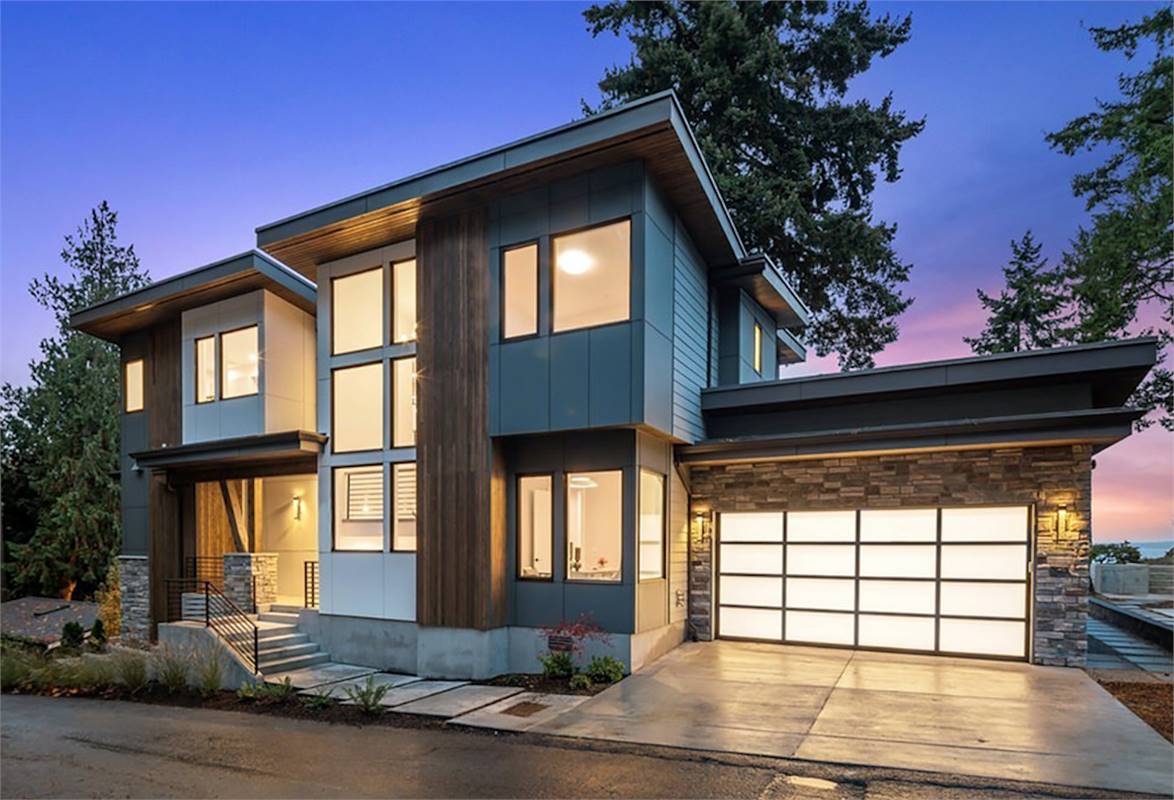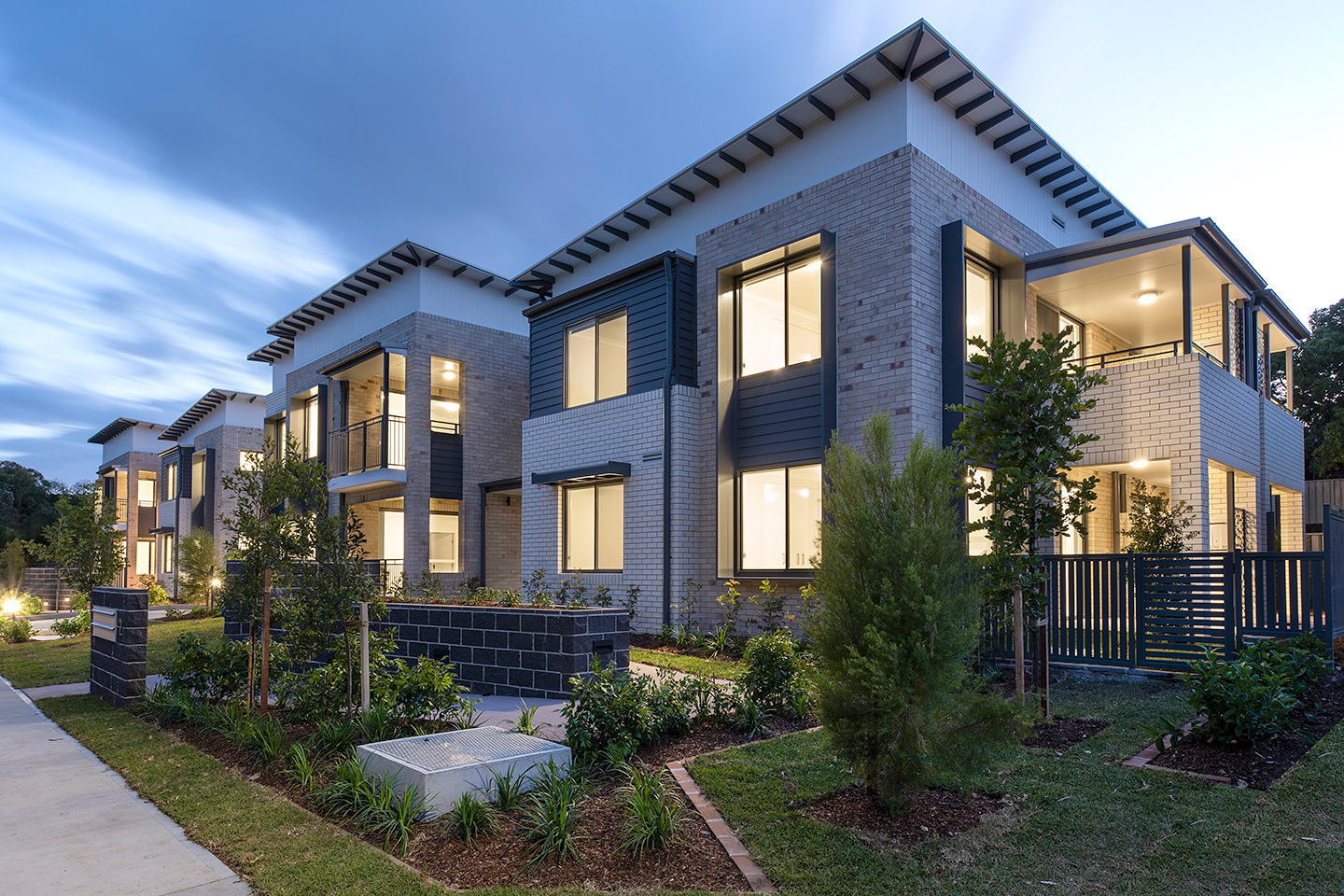
What Is a Modified Gross Lease?
A customized gross lease is a type of genuine estate contract in which the occupant pays a base rent, and the proprietor and occupant share duty for certain business expenses.

The particular costs shared differ by agreement, however common ones include utilities, residential or commercial property taxes, and upkeep expenses.
This type of arrangement uses a middle ground between a gross lease, where the proprietor presumes all costs, and a triple net lease, where the tenant bears all expenditures.
Modified gross leases play a significant role in the real estate industry, especially in commercial and commercial sectors.
They offer a flexible structure that can be gotten used to fit the needs of the proprietor and renter. This flexibility is crucial in the ever-changing commercial and industrial realty landscape, where each service has unique requirements and financial capabilities.
Components of a Modified Gross Lease
Base Rent
Base lease is the set quantity a renter pays for residential or commercial property use, unique of energies, upkeep, taxes, or insurance coverage.
These extra expenses are negotiated independently, separating them from Triple Net or Full-Service Leases. The base rent represents the minimum payable quantity.
Specified Expenses
In a modified gross lease, defined costs refer to running costs that are agreed upon in the contract to be shared between the landlord and tenant. These include structure insurance, typical location upkeep, or utilities.
Unspecified Expenses
Unspecified expenditures are those not explicitly listed in the lease arrangement. In the context of a customized gross lease, these are generally expenses incurred all of a sudden or beyond regular operations.
The duty for such expenses depends on the particular regards to the agreement.
Types of Modified Gross Leases
Modified gross leases can differ considerably based on the particular costs they cover and the market or residential or commercial property type. Understanding these differences can assist both property owners and tenants negotiate terms that best suit their needs.
Types Based on Expenses Covered
Different customized gross leases can be separated based on the operating expense shared in between the landlord and renter. Here are some common examples:
Utility-Based Leases: Sometimes, a customized gross lease may only involve the sharing of utility expenses. This might consist of electrical energy, water, heating, or cooling costs. The renter pays a base lease and shares the utility expenses with the landlord.
Maintenance-Inclusive Leases: Certain modified gross leases might involve sharing maintenance costs. This might cover everything from basic cleansing and repair work to more significant maintenance work, such as landscaping or structural repairs.
Tax-Inclusive Leases: Some customized gross leases may consist of sharing residential or commercial property taxes. In this case, the occupant adds to the residential or commercial property tax and pays the base lease.
Insurance-Inclusive Leases: A customized gross lease could consist of a provision for sharing building insurance costs in certain scenarios. This would indicate the occupant contributes to the insurance coverage premium and base rent.

The specifics of which costs are shared and how they're divided are usually a matter of settlement between the property manager and tenant, and the last arrangement ought to be plainly laid out in the lease contract.
Variations by Industry and Residential Or Commercial Property Type
Modified gross leases can also vary depending on the industry and residential or commercial property type. These variations frequently show the special needs and characteristics of different organization sectors and residential or commercial property classifications.
Retail: A customized gross lease may consist of provisions for sharing marketing or signage costs in a retail setting. This could be especially relevant for services in shopping centers or shopping centers where coordinated marketing efforts are typical.
Industrial: A modified gross lease could consist of specifications about sharing equipment upkeep or warehousing expenses for commercial residential or commercial properties. This would reflect these areas' specific nature and their distinct expenses.
Office: In office complex, a customized gross lease could include shared costs for facilities such as shared meeting room, restrooms, or building security.
Modified Gross Lease vs Other Lease Types
Full-Service Lease
A full-service lease, typically seen in industrial realty, consists of all operating expenditures in the lease, making it more foreseeable for tenants but possibly less flexible.
In contrast, a modified gross lease separates base rent from certain operating expenses, providing more openness and adaptability to altering business conditions.
Triple Net Lease
A triple net lease positions the problem of all operating costs on the renter, providing the property manager more financial security but possibly making the lease less attractive to prospective renters. A customized gross lease, with its shared expenditures, can strike a balance that's interesting both parties.
Pros and Cons of Each Lease Type
Each lease type has its advantages and drawbacks.
Full-service leases use simplicity and predictability but may come with higher base rent. Triple net leases can be cost-efficient for proprietors however risky for renters.
Modified gross leases offer a well balanced method however need clear interaction and settlement to ensure fairness.
Calculating Payments Under a Modified Gross Lease
Determination of Base Rent
Base lease in a modified gross lease is generally determined by market conditions, the residential or commercial property's place and quality, and the lease term's length. It's a set cost that the tenant should pay routinely.
Allocation of Operational Expenses
Operational expenses in a customized gross lease are normally assigned based upon the percentage of the residential or commercial property the occupant occupies or based upon a negotiated arrangement. These costs can vary monthly, making the overall expense less foreseeable than with a full-service lease.
Variations in Calculation Methods
Different techniques can be utilized to calculate the allocation of functional expenses, often depending on the specifics of the residential or commercial property and the nature of the occupant's service. These variations highlight the importance of clearness and openness in the lease arrangement.
Legal Considerations in Modified Gross Leases
Lease Agreement Terms
A customized gross lease contract must clearly stipulate the terms of lease, the specific costs to be shared, and the technique for computing and paying these costs. It needs to likewise include arrangements for modifications in expenses, lease renewal terms, and dispute resolution systems.
Rights and Obligations of the Parties
The lease needs to define the rights and commitments of both parties. This includes the occupant's right to use the residential or commercial property and the landlord's duty for ensuring its suitability for usage.
Obligations might include the renter's responsibility to keep the properties and the proprietor's duty to supply necessary services.
Conflict Resolution Mechanisms
Conflicts can arise in any lease contract, but the capacity for disagreements can be greater in a modified gross lease due to the sharing of costs. The lease must for that reason include mechanisms for dealing with disagreements through settlement, mediation, or legal action.
Final Thoughts
A customized gross lease provides a flexible middle ground in between a gross lease and a triple net lease, sharing specific operating costs between property manager and renter.
Components include base lease, defined expenditures, and undefined costs. Types vary based on expenses covered and industry/property type.
Compared to full-service leases and triple net leases, modified gross leases provide balance and flexibility. Calculating payments includes identifying base rent and assigning operational expenses based on occupancy or contract.









